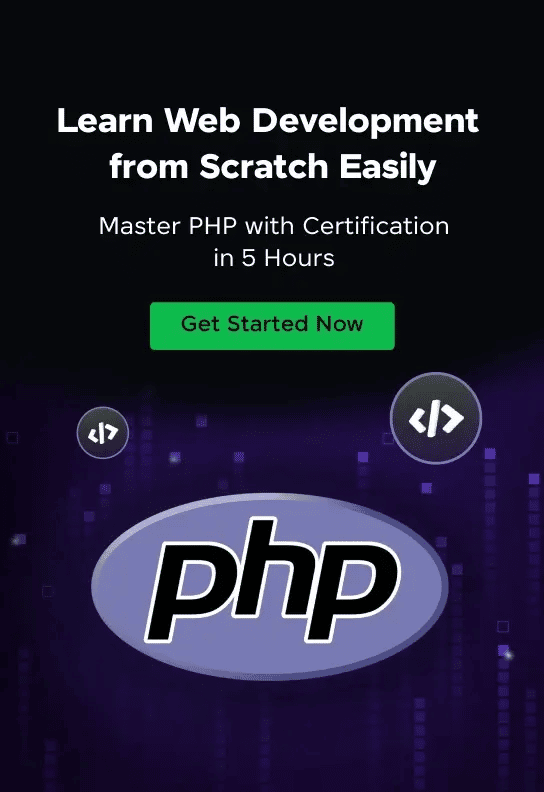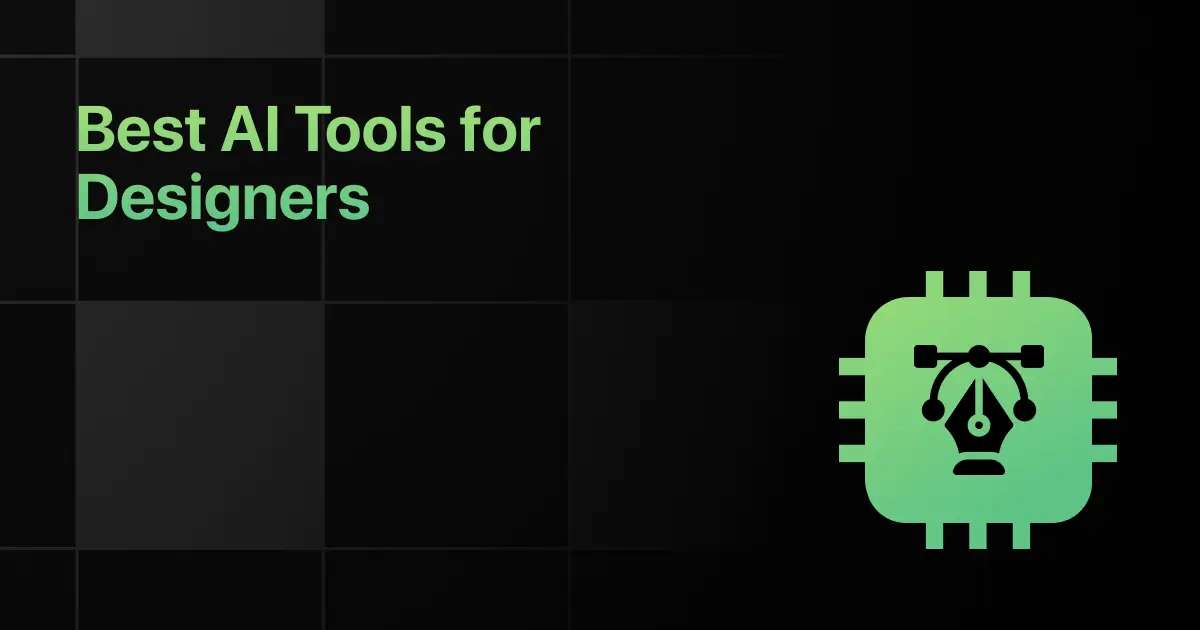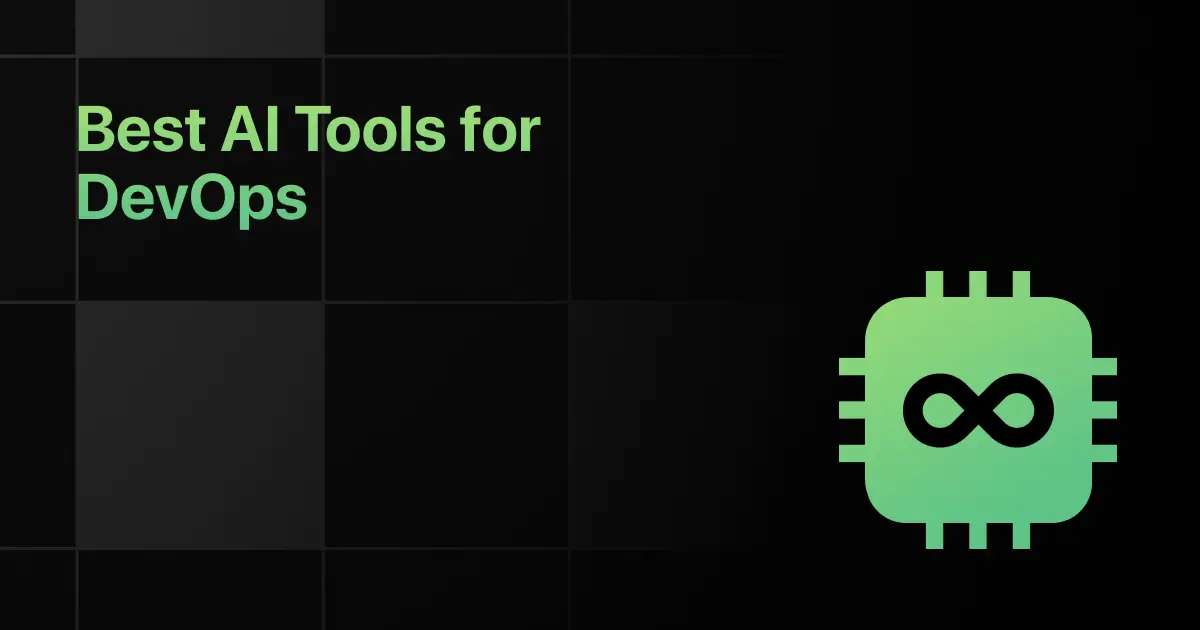Best PHP Frameworks You Should Know
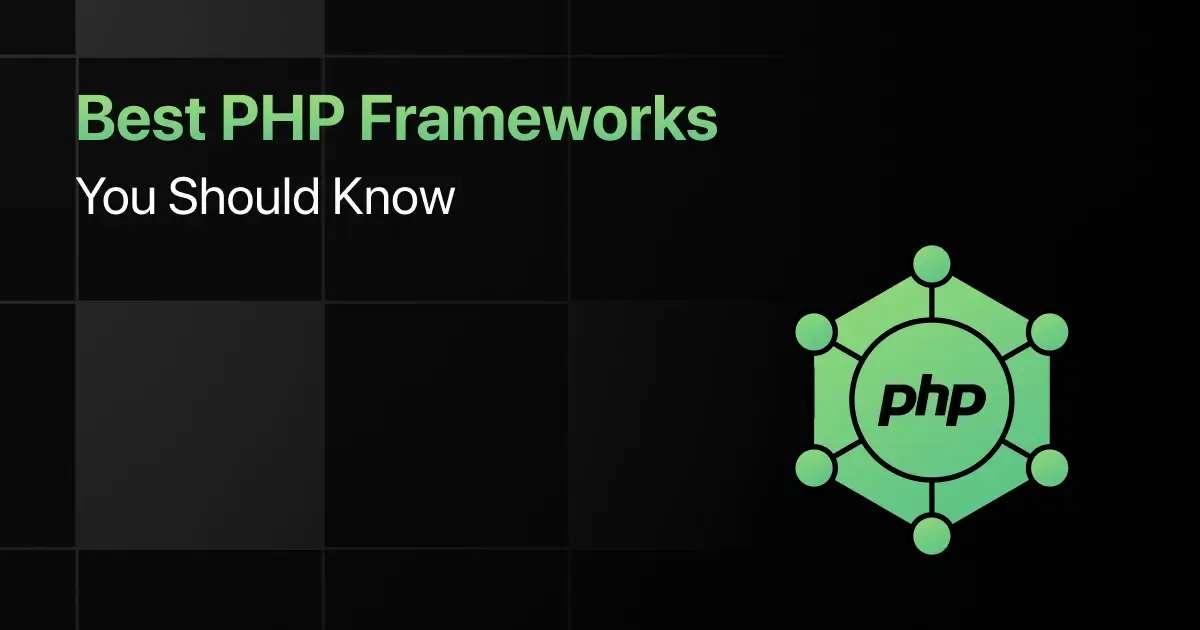
PHP frameworks are essential tools for developers. They provide a structured foundation to build web applications.
This blog will explore a PHP framework list and highlight the unique features of the best PHP frameworks and libraries.
If you’re looking for PHP frameworks for beginners or aiming to conduct a PHP frameworks comparison, this guide has you covered.
Top PHP Frameworks for Developers – Overview
Here’s an overview of the 10 best frameworks for PHP:
| S.No. | Framework Name | Key Features | Ease of Integration | Download Link |
|---|---|---|---|---|
| 1 | Laravel | Eloquent ORM and Blade Templating | Easy | Download |
| 2 | Symfony | Reusable Components and Twig Templating | Medium | Download |
| 3 | CodeIgniter | Lightweight and Built-in Libraries | Easy | Download |
| 4 | Yii | Fast and Secure | Medium | Download |
| 5 | Laminas | MVC Architecture and Flexible Caching | Medium | Download |
| 6 | Phalcon | High Performance and Low Resource | Medium | Download |
| 7 | Slim | Lightweight and Middleware Architecture | Easy | Download |
| 8 | FuelPHP | Modular and Security Features | Medium | Download |
| 9 | CakePHP | MVC Architecture and Code Generation | Easy | Download |
| 10 | Lumen | Lightweight and Middleware Support | Easy | Download |
Most Popular PHP Frameworks You Should Know
Below are the top 10 PHP frameworks you should know:
1. Laravel
Laravel is a PHP web application framework with an expressive, elegant syntax.
It is designed for web artisans who need a simple and elegant toolkit to create full-featured web applications.
Popularity:
- Widely used in modern web development.
- Preferred by developers for its simplicity.
- Strong community support.
Key Features:
- Eloquent ORM
- Blade templating engine
- Artisan command-line tool
Learning Curve: Easy
Performance: Good performance with built-in optimization tools
Compatibility:
- Compatible with various databases like MySQL, PostgreSQL, and SQLite.
- Integrates well with front-end frameworks like Vue.js and React.
Ease of Integration: Easy
Use Cases and Industry Adoption:
- E-commerce platforms
- Content management systems
- RESTful APIs
Job Market Demand:
- High demand in PHP development.
- Used in tech startups and web development agencies.
- Preferred for creating modern web applications.
2. Symfony
Symfony is a PHP framework for web applications and a set of reusable PHP components.
It aims to speed up the creation and maintenance of web applications and to replace repetitive coding tasks.
Popularity:
- Popular in enterprise-level projects.
- Preferred by experienced developers.
- Strong community support.
Key Features:
- Reusable PHP components
- MVC architecture
- Twig templating engine
Learning Curve: Medium
Performance: High performance with scalable architecture
Compatibility:
- Compatible with various databases like MySQL, PostgreSQL, and SQLite.
- Integrates well with other PHP libraries and frameworks.
Ease of Integration: Medium
Use Cases and Industry Adoption:
- Enterprise applications
- Web services
- Complex web applications
Job Market Demand:
- High demand in enterprise environments.
- Used by large corporations.
- Preferred for scalable and maintainable web applications.
3. CodeIgniter
CodeIgniter is a powerful PHP framework with a very small footprint, built for developers who need a simple and elegant toolkit to create full-featured web applications.
Popularity:
- Popular in small to medium-sized projects.
- Preferred for its simplicity and speed.
- Strong community support.
Key Features:
- Lightweight and fast
- MVC architecture
- Built-in libraries and helpers
Learning Curve: Easy
Performance: Good performance with minimal overhead
Compatibility:
- Compatible with various databases like MySQL, PostgreSQL, and SQLite.
- Integrates well with other PHP libraries.
Ease of Integration: Easy
Use Cases and Industry Adoption:
- Small to medium-sized web applications
- Rapid development projects
- Simple and elegant web applications
Job Market Demand:
- High demand in small businesses and startups.
- Used in quick and simple web projects.
- Preferred for its lightweight and fast development.
4. Yii
Yii is a fast, secure, and efficient PHP framework. It is flexible yet pragmatic, works right out of the box with reasonable defaults, and is highly extensible.
Popularity:
- Popular in performance-centric projects.
- Preferred by developers for its speed and security.
- Strong community support.
Key Features:
- Fast and secure
- MVC architecture
- Built-in authentication and authorization
Learning Curve: Medium
Performance: High performance with optimized components
Compatibility:
- Compatible with various databases like MySQL, PostgreSQL, and SQLite.
- Integrates well with other PHP libraries.
Ease of Integration: Medium
Use Cases and Industry Adoption:
- Performance-centric applications
- Secure web applications
- Enterprise-grade applications
Job Market Demand:
- High demand in performance-critical projects.
- Used in secure and high-performance web applications.
- Preferred for its efficiency and security.
5. Zend Framework (Laminas)
Zend Framework, now known as Laminas, is an open-source, object-oriented web application framework implemented in PHP 7.
It uses various packages from the Composer PHP package manager.
Popularity:
- Popular in enterprise environments.
- Preferred by experienced developers.
- Strong community support.
Key Features:
- MVC architecture
- Flexible caching subsystem
- Extensive documentation
Learning Curve: Medium
Performance: High performance with scalable architecture
Compatibility:
- Compatible with various databases like MySQL, PostgreSQL, and SQLite.
- Integrates well with other PHP libraries.
Ease of Integration: Medium
Use Cases and Industry Adoption:
- Enterprise applications
- Large-scale web services
- Complex web applications
Job Market Demand:
- High demand in enterprise-level development.
- Used by large corporations.
- Preferred for scalable and maintainable web applications.
6. Phalcon
Phalcon is a full-stack PHP framework delivered as a C-extension. It is optimized for high performance and is highly efficient in resource usage.
Popularity:
- Popular in performance-critical applications.
- Preferred by developers needing high-speed applications.
- Strong community support.
Key Features:
- High performance
- Low resource consumption
- MVC architecture
Learning Curve: Medium
Performance: Exceptional performance with minimal overhead
Compatibility:
- Compatible with various databases like MySQL, PostgreSQL, and SQLite.
- Integrates well with other PHP libraries.
Ease of Integration: Medium
Use Cases and Industry Adoption:
- High-performance applications
- Resource-efficient applications
- Enterprise-grade applications
Job Market Demand:
- High demand in performance-critical environments.
- Used in high-speed web applications.
- Preferred for its performance and efficiency.
7. Slim
Slim is a PHP micro-framework that helps you quickly write simple yet powerful web applications and APIs.
It is designed to be lightweight and easy to use.
Popularity:
- Popular in microservices and APIs.
- Preferred for its simplicity and speed.
- Strong community support.
Key Features:
- Lightweight and fast
- Middleware architecture
- Easy to use
Learning Curve: Easy
Performance: Good performance with minimal overhead
Compatibility:
- Compatible with various databases like MySQL, PostgreSQL, and SQLite.
- Integrates well with other PHP libraries.
Ease of Integration: Easy
Use Cases and Industry Adoption:
- Microservices
- RESTful APIs
- Lightweight web applications
Job Market Demand:
- High demand in microservices and API development.
- Used in small to medium-sized projects.
- Preferred for its simplicity and ease of use.
8. FuelPHP
FuelPHP is a simple, flexible, community-driven PHP 5.4+ framework, based on the best ideas of other frameworks, with a fresh start.
It is designed to be flexible and extensible.
Popularity:
- Popular in flexible and extensible projects.
- Preferred by developers for its simplicity and flexibility.
- Strong community support.
Key Features:
- HMVC architecture
- Modular and extensible
- Security features
Learning Curve: Medium
Performance: Good performance with modular architecture
Compatibility:
- Compatible with various databases like MySQL, PostgreSQL, and SQLite.
- Integrates well with other PHP libraries.
Ease of Integration: Medium
Use Cases and Industry Adoption:
- Modular applications
- Secure web applications
- Community-driven projects
Job Market Demand:
- Moderate demand for flexible projects.
- Used in secure and extensible web applications.
- Preferred for its modularity and security features.
9. CakePHP
CakePHP is an open-source web framework. It follows the model–view–controller (MVC) approach and is written in PHP.
It makes building web applications simpler, faster and requires less code.
Popularity:
- Popular in rapid development projects.
- Preferred by developers for its simplicity and speed.
- Strong community support.
Key Features:
- MVC architecture
- Built-in validation
- Code generation
Learning Curve: Easy
Performance: Good performance with rapid development
Compatibility:
- Compatible with various databases like MySQL, PostgreSQL, and SQLite.
- Integrates well with other PHP libraries.
Ease of Integration: Easy
Use Cases and Industry Adoption:
- Rapid development projects
- CRUD applications
- Prototyping
Job Market Demand:
- Moderate demand in rapid development.
- Used in small to medium-sized projects.
- Preferred for its simplicity and speed.
10. Lumen
Lumen is a PHP micro-framework built by Laravel. It is designed to develop microservices and APIs, offering the speed and simplicity of a micro-framework with the power of Laravel.
Popularity:
- Popular in API and microservice development.
- Preferred for its speed and simplicity.
- Strong community support.
Key Features:
- Lightweight and fast
- Middleware support
- Similar syntax to Laravel
Learning Curve: Easy
Performance: High performance with minimal overhead
Compatibility:
- Compatible with various databases like MySQL, PostgreSQL, and SQLite.
- Integrates well with Laravel components.
Ease of Integration: Easy
Use Cases and Industry Adoption:
- Microservices
- RESTful APIs
- Lightweight web applications
Job Market Demand:
- High demand in microservices and API development.
- Used in small to medium-sized projects.
- Preferred for its simplicity and ease of use.
Frequently Asked Questions
1. What are the best PHP frameworks to use?
The best PHP frameworks to use are:
- Laravel
- Symfony
- CodeIgniter
- Yii
- Zend Framework
2. What key features should I look for in a PHP framework?
The key features that you should look for in a PHP framework are scalability, ease of use, flexibility, community support, and comprehensive documentation.
3. Which PHP frameworks are easiest to learn for beginners?
Laravel and CodeIgniter are the easiest PHP frameworks to learn for beginners.
4. What are the common use cases for different PHP frameworks?
Common use cases include web applications (Laravel, Symfony), rapid prototyping (CodeIgniter), and enterprise applications (Zend Framework).
5. What are some lightweight PHP frameworks for rapid application development?
Some lightweight PHP frameworks for rapid application development are CodeIgniter, Slim, and Lumen.
6. Which PHP frameworks are used by top companies?
Top companies use Laravel, Symfony, and Zend Framework for their web development projects.
7. What is the job market demand for skills related to PHP frameworks?
There is a high demand for skills related to Laravel, Symfony, and CodeIgniter in the job market, especially in web development and tech companies.
Final Words
For beginners, starting with the recommended PHP frameworks in this blog can ease your learning curve.
Mastering the top 10 PHP frameworks will equip you with the knowledge and tools to build scalable web applications.
Explore More PHP Resources
- PHP Websites
- PHP YouTube Channels
- PHP Project Ideas
- PHP Interview Questions
- PHP IDEs
- PHP Apps
- PHP MCQ
Explore More Frameworks
Related Posts
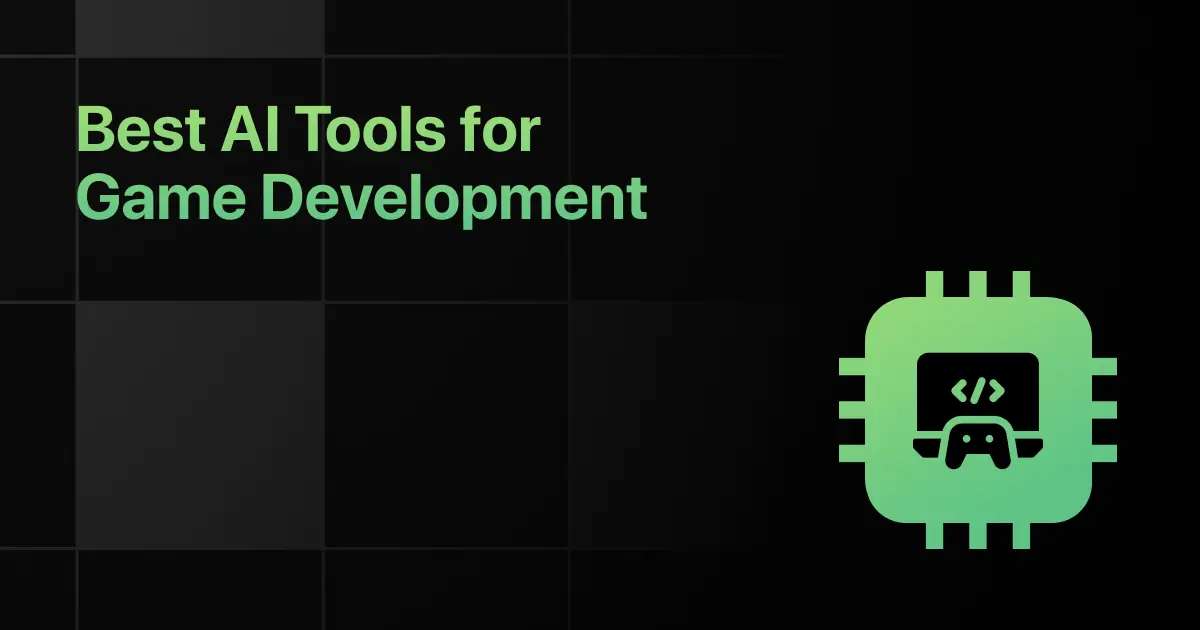

Best AI Tools for Game Development [Free + Paid]
Ever feel stuck staring at things , not knowing what to do next? You're not alone. Game development can be …


